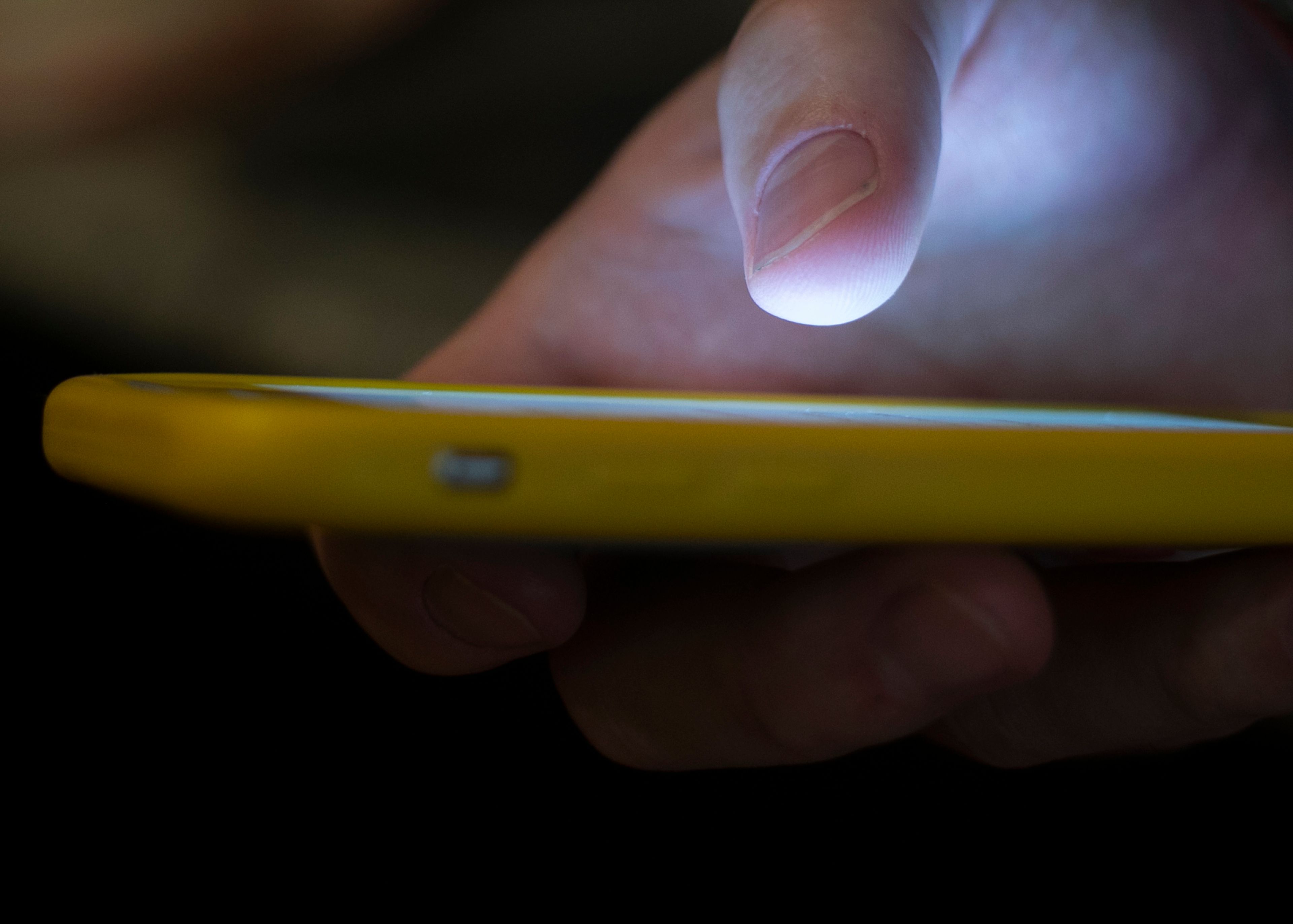988 crisis line looks to help rural residents
Resource makes it easier for those experiencing emotional distress to get assistance
The newly launched 988 behavioral health crisis hotline could be a lifesaver, especially for people in rural areas with limited access to mental and behavioral health resources.
“It’s one easy number to call and they will be answered by a professional,” said Joyce Lyons, project manager for Rural Crisis Network, Idaho District 2.
“The work that went into this and theconnections work they did was phenomenal. For example, someone in Cottonwood could dial 988 and they’ll be talking to somebody at the hotline and if that person decided (the caller) needed help, they could refer to law enforcement or a crisis center where they have information to give the person (about) where they need to be,” she said.
The new emergency phone number debuted Saturday and is available nationwide, according to the Idaho Department of Health and Welfare.
Anyone experiencing behavioral health-related stress, such as thoughts of suicide, mental health problems, substance use crisis, or any other kind of emotional distress, can call or text 988 at any time. People can also dial 988 if they are worried about a loved one who may need crisis intervention.
All calls made from an Idaho area code to 988 are routed to a central hub in Washington, D.C., and then re-routed to the Idaho Crisis and Suicide Hotline. The new three-digit number is available in multiple languages for everyone in Idaho and the U.S. to call and connect with the existing National Suicide Prevention Lifeline network. Text is available in English only.
Jim Rehder, chairman of the District 2 Behavioral Health Board, said the crisis line will “save lives, save money and save a lot of problems.
“There are only four states that have a higher suicide rate than Idaho,” Rehder said. “That’s Wyoming, Montana, Alaska and New Mexico — all rural states prevalent to that kind of thing because of lack of access to services. The Behavioral Health Board strongly supports suicide prevention because it saves lives and the number 988 is easy to remember.”
Kayla Sprenger, family and community health manager for Public Health – Idaho North Central District said the short-term vision of 988 is to strengthen crisis call centers.
“The long-term vision is to build a robust crisis continuum of care that links help seekers to a full range of crisis support services. 988 is available to anyone, anytime day or night. All existing crisis numbers will stay the same — they will not go away,” Sprenger said.
The crisis line will be used when a caller or friend or family member experiences a behavioral health crisis and/or suicidal ideation, Sprenger said. The 911 line is for emergencies requiring law enforcement, fire or medical response, and 211 is for finding essential, personal and community resources such as assistance paying bills or locating food insecurity programs.
The national 988 emergency line strengthens and connects the patchwork network of more than 200 locally operated and funded crisis call centers across the country. Previous phone numbers used for crisis in Idaho will continue to operate. People can still call the national crisis line at (800) 273-8255 or text the Idaho crisis line at (208) 398-4357, but the same thing is accomplished by simply dialing or texting 988.
Anyone wishing more information may visit call988idaho.com.
Hedberg may be contacted at khedberg@lmtribune.com.








